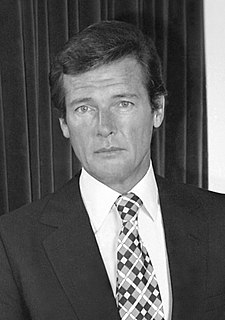A Quote by Richard Stallman
Proprietary software keeps users divided and helpless. Divided because each user is forbidden to redistribute it to others, and helpless because the users can't change it since they don't have the source code. They can't study what it really does. So the proprietary program is a system of unjust power.
Related Quotes
For the average home-user, anti-virus software is a must. A personal firewall such as Zone Alarm and running a program like HFNetcheck, which is a free download for personal users. It checks your system to see if anything needs to be patched. I'd also recommend a program such as SpyCop to periodically check for any spyware on your system.
One reason you should not use web applications to do your computing is that you lose control. It's just as bad as using a proprietary program. Do your own computing on your own computer with your copy of a freedom-respecting program. If you use a proprietary program or somebody else's web server, you're defenceless.




























